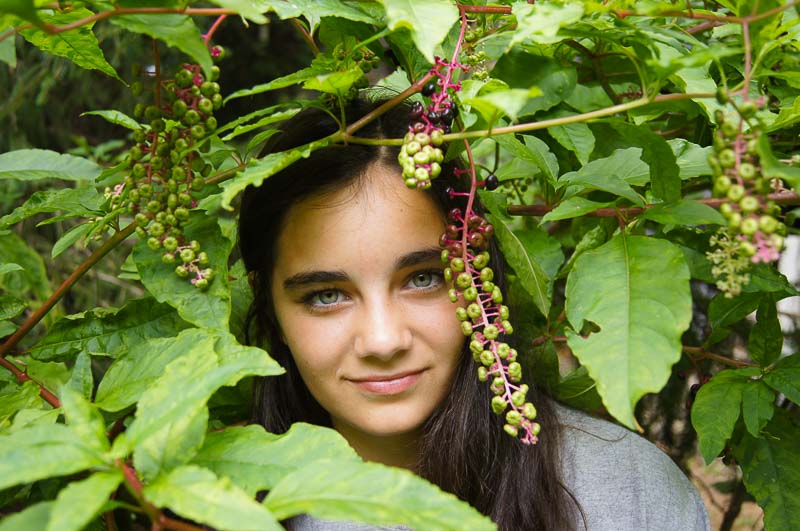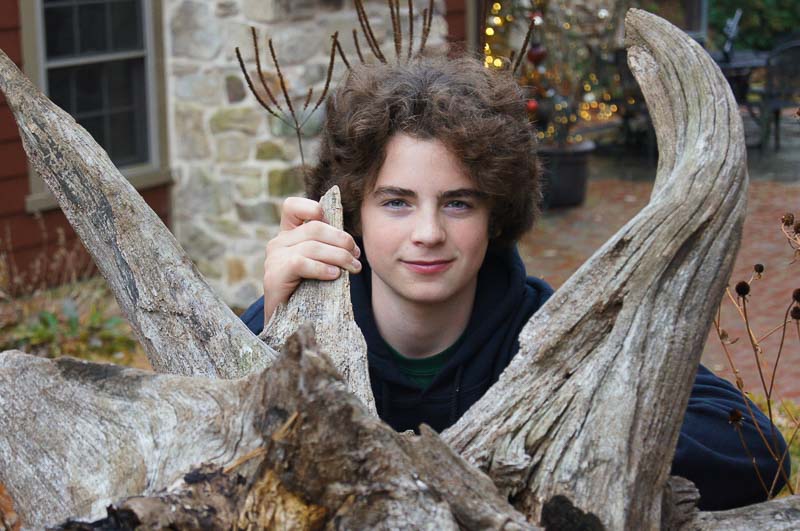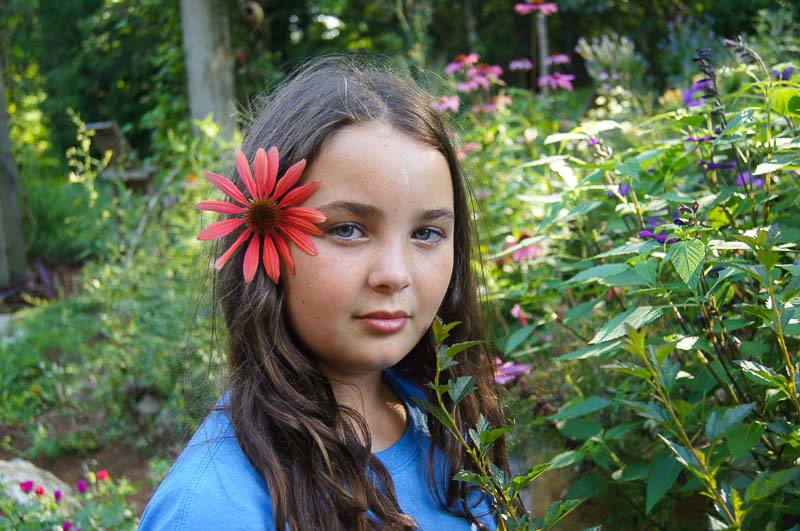“A nation that destroys its soils destroys itself. Forests are the lungs of our land, purifying the air and giving fresh strength to our people” Franklin D Roosevelt
Spring 2018 Landscaping Newsletter
Happy new year Everyone!!
Every year I like to think of new ways of bringing us closer to our outdoor environment, and I feel more urgency now than ever before. The importance of keeping the environment healthy is crucial to our health and well being. As humans, we have altered our ecosystem to a perilous point that could be unsustainable for our children and grandchildren. Yeah, clean air and water are kind of crucial to our survival. The current theme right now is that a healthy environment does not equal a healthy economy. Well I say BS!! People and businesses locate to clean environments, not polluted ones. States with clean environments have better economies than polluted ones. Money spent to clean pollution and to invest in the community comes back to us three fold. Yes, the climate has changed in the past without the help of humanity, but it is the accelerated rate at which it has changed that is the difference. We are over swamping the natural processes, and we will not escape that reality (facts can really suck). Sustainability is important for a very simple reason. We cannot maintain our quality of life as human beings, have a LONG term thriving economy, and maintain diversity of life on this planet and our ecosystems unless we embrace it. I really wish I wasn’t so worried about this crap all the time. All I want to do is garden, have awesome experiences with Scott and my kids (love teenagers), and drink lots of wine (because of my teenagers). For me, working in nature is a gift. I see what’s happening, and the urgency I feel compels me to use my skill set to contribute. I want your gardens, my garden, to be an extension of this urgency, and to bring together all the things that will contribute to making our immediate environment healthier, stronger, resilient, even on a small scale.
Ok, I’m done. Had to get that out:)
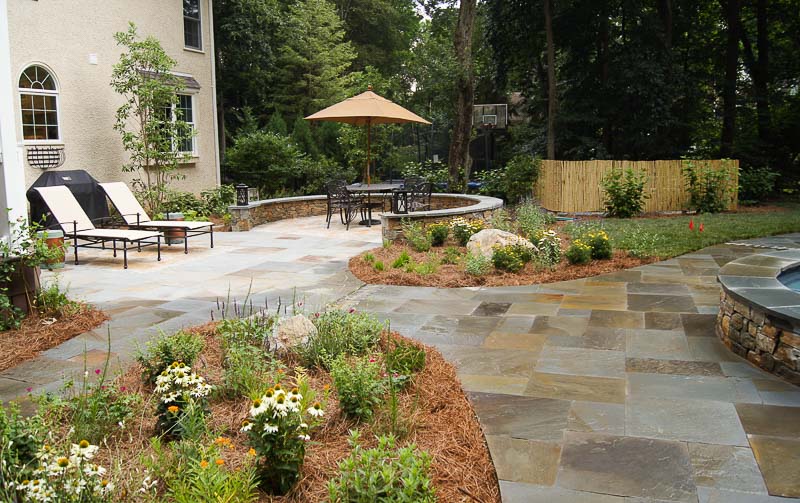
One of the ways to have a local healthy ecosystem is obviously to bring in native plants. One of the favorite parts of my job is getting to the job site, unloading the truck, and watching life descend. Within about 10 minutes out of nowhere there are butterflies, beneficial insects and bees swooping down to the new plants (no exageration). An occasional bee that gets stuck in my hair, making me spaz out, is always amusing to watch. And so process begins. What was before a barren landscape for them is now alive and kicking. Another way to contribute is to keep some dead wood in the yard. Getting a tree cut down? Leaving a portion of the stump will create a mini ecosystem that supports more species dead than when it was alive. Make a brush pile stacked with branches with or without leaves. You can make it look kind of cool, creating a teepee (about ready to relocate my son to ours). It’s also a spot where you can put downed limbs/branches instead of having to get rid of them. Birds love this stuff. Place some logs in the beds for interest, which also makes a good spot to watch the process of death and renewal. These small contributions provide refuge and hunting ground for small mammals, reptiles (yes snakes are good, although my daughter says no way), and amphibians. It also gives shelter for overwintering and hibernating wildlife. Build a mini rock mountain if you have some stone around your property. You can definitely get creative with this, creating a little zen habitat. Leave some leaves in the fall! Leaves are nature’s best mulch, and if I could use chopped up leaves as mulch on every property I would. Talk about great weed control! A huge pet peeve of mine is seeing landscapers blowing the sh** out of beds, taking out every last morsel, leaving nothing for any creature.
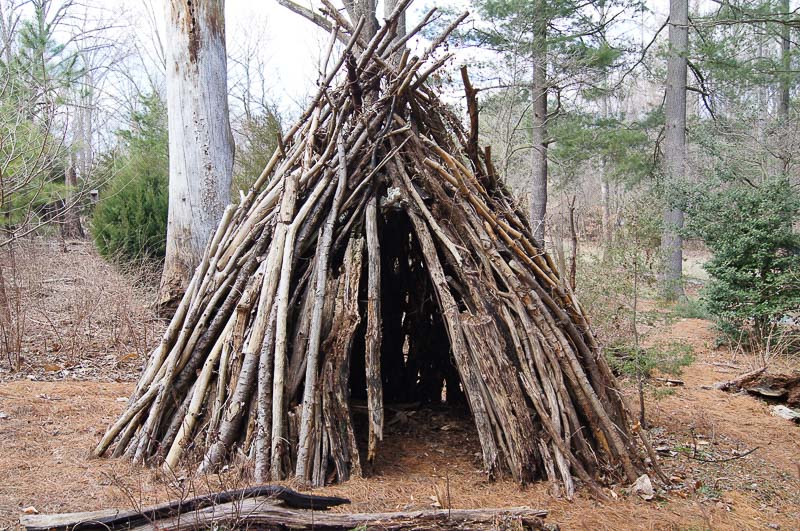
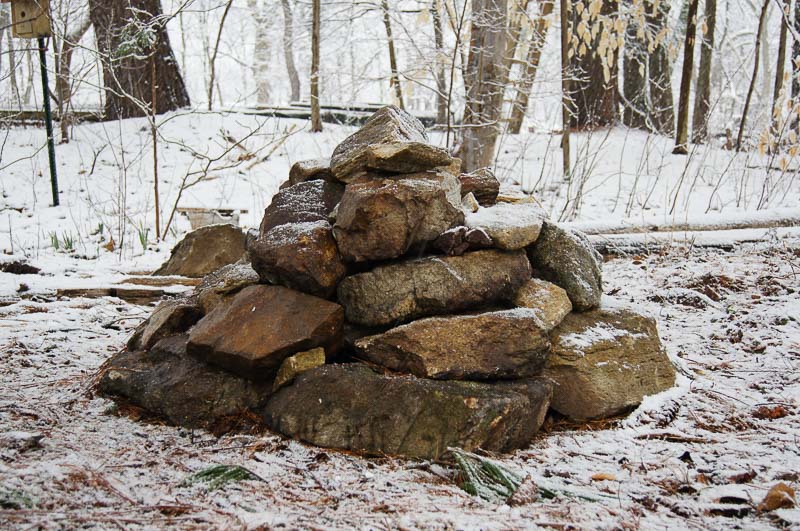
Since we do a lot projects on newly developed homes, we are seeing that many townships now require rain gardens. The extra cost stinks, but wow, what a cool garden it makes, giving you another dimension to the property. They not only take in extra water from impervious surfaces from your property, but they filter out pollutants too. Many people who know me are familiar with my bad manners when I talk about lawn maintenance (foul language is spewed), but I’m fully aware that many people will still use fertilizers and pesticides on their grass, and the rain gardens do a fantastic job of breaking down the pollutants instead of all that crap being washed directly into our waterways. The more beds the better, and the rain garden is just another way to nurture our nature.
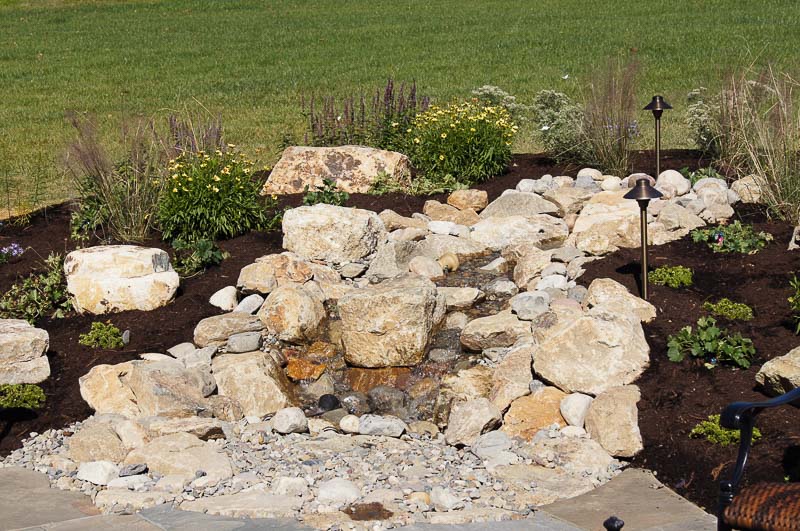
Plant some trees! Trees release oxygen so we can breathe it in! You don’t have to spend a fortune to add to your property. Sometimes bigger is not better:) Smaller trees will not be nearly as stressed as the larger specimens that are installed, and in a few years they catch up anyway.
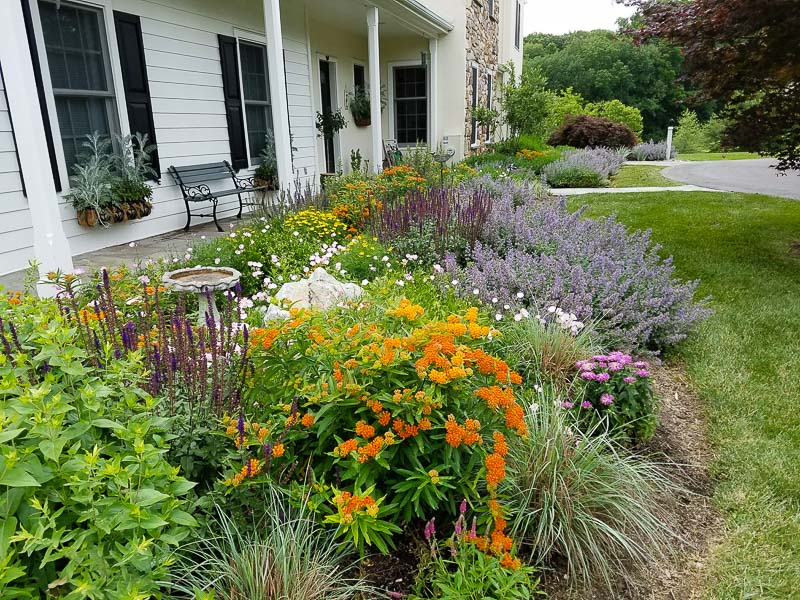
Let me know if you have ANY watering questions ANYTIME. Last year was great until Aug, when all that good rain we had just dried up and left us with borderline drought conditions. Whatever was planted in the spring had a good headstart, but I still want to make sure if you need instructions for this year you will let me know.
Scott, hardscaping extraordinaire, has been busy with many cool projects, so check them out on our website or Facebook page. He’s pretty talented (and cute), I must say. Every year he does a variety of projects ranging from simple elegant walkways to huge outdoor living spaces that include patios, outdoor kitchens, pergolas, and water & fire features.
We are looking forward to maintaining healthy and happy gardens for our customers, and maybe sharing my thoughts with you about that lawn:)
March is a beast, but spring always comes!
Looking forward to seeing everyone!
As always, thank you for your business and please don’t forget that your referrals are the best compliment and our greatest advertising.
Happy spring!
Kirsten and Scott
“If we’ve learned any lessons during the past few decades, perhaps the most important is that preservation of our environment is not a partisan challenge; it’s common sense. Our physical health, our social happiness, and our economic well-being will be sustained only by all of us working in partnership as thoughtful, effective stewards of our natural resources” Ronald Reagan
